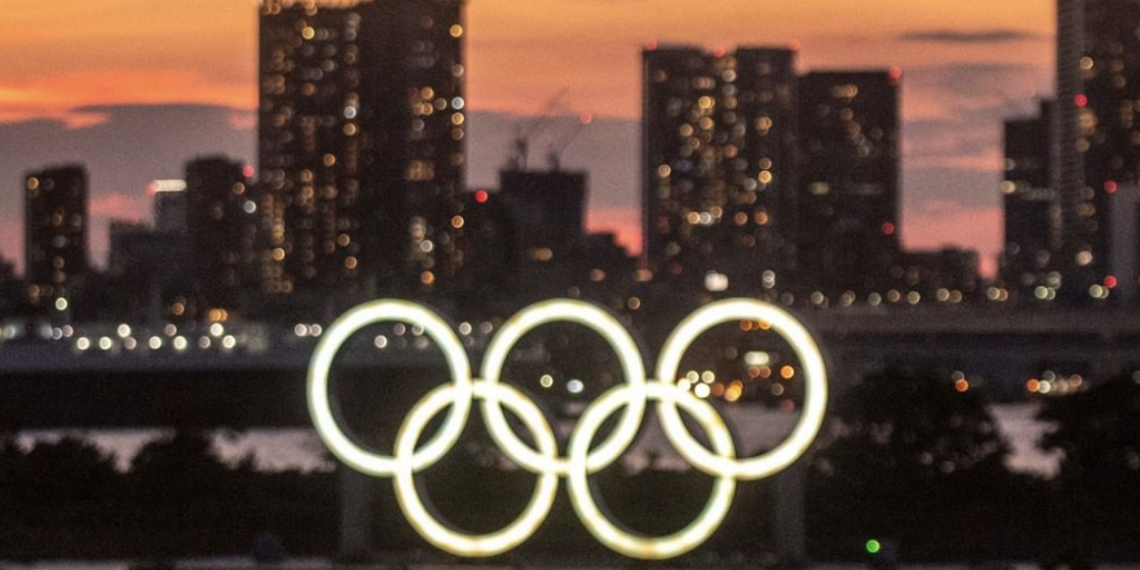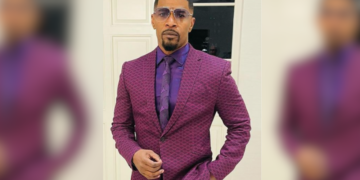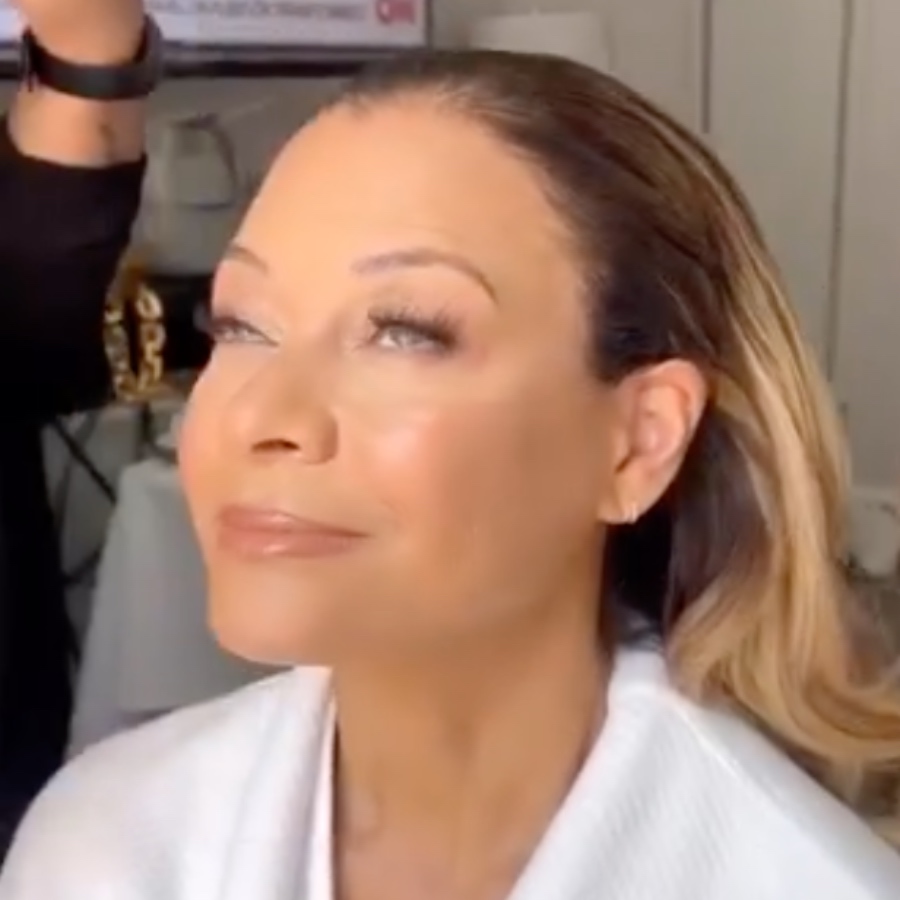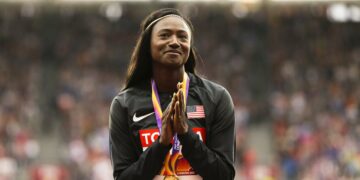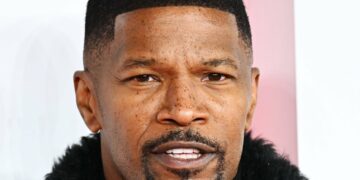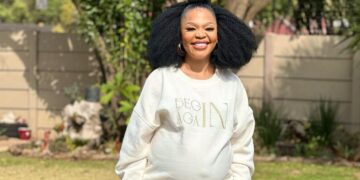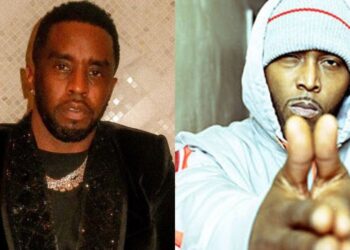Young Black athletes have taken the future of mental health into their owns hands by showing courage and speaking out about the challenges they’ve faced.
According to NBC News, track star Raven Saunders is one of the many young Black athletes participating in the effort to take their mental health into their own hands and spoken openly about their struggles.
As previously reported by Sister2Sister, tennis pro-Naomi Osaka chose not to participate in the French Open and Wimbledon this year for the sake of her mental health.
Gold medalist Simone Biles also recently opened up about seeing a psychologist and taking anxiety medication.
“For a while, I saw a psychologist once every two weeks,” she says. “That helped me get in tune with myself so that I felt more comfortable and less anxious,” she said.
American boxer Ginny Fuchs told USA Today that she’s struggled with OCD almost all her life.
“I have a great support group that has helped me over the years to stay strong and stay focused and overcome my OCD battles every day,” she said and mentioned that she Zoom calls with a therapist twice a week.
Olympic gold medal-winning swimmer, Simone Manuel, spoke about taking a break after being diagnosed with overtraining syndrome this year and suffered from depression, anxiety, insomnia, and loss of appetite.
Noah Lyles, 24, has been a vocal advocate of mental health care, sharing that, “Mental health is just a part of life. Just like the reason you go to a doctor is to make sure your body is OK, the reason you go to a therapist, or you talk to somebody is to make sure that your mind is OK.”
LeʼRoy Reese, a psychiatry and behavioral science professor at the Morehouse School of Medicine, spoke on the matter.
He said, “Athletes are increasingly taking ownership of their personal narrative and making their own choices about sharing that personal narrative.”
“There is now a sense of agency among professional athletes that we have not seen before with regard to their voices,” he added.
Related Story: Mental Health App ‘Calm’ Supports Naomi Osaka
According to Athletes for Hope, an organization that partners athletes with charities, up to 35 percent of professional athletes see themselves facing mental health issues.
“There has been a benign neglect too often of professional athletes’ physical and mental well-being,” Reese said.
Athletic leagues “don’t think about how the stress of performing at such a high level impacts an athlete’s quality of life.”
“Very often, nothing prepares you to be a professional athlete. You prepare physically, but young professional athletes have not been prepared for the pressures and expectations that come from being thrust into the spotlight,” he continued.
Dr. Caroline M. Brackette, a licensed counselor and professor in Mercer University’s College of Health Professions, said that depression and anxiety are prevalent mental health issues amongst athletes.
“Traditionally, women have been more vocal about self-care… so I’m not surprised you see, just as in society, more women speaking out about mental health and wellness in sports,” she said.
Brackette also said the rise in public mental health being advocated among young Black athletes is a reflection of society changing the stigmatization of mental health issues and decreasing it.
Both medical professionals say social media facilitates this change, as athletes can connect with their millions of followers with a simple touch.

